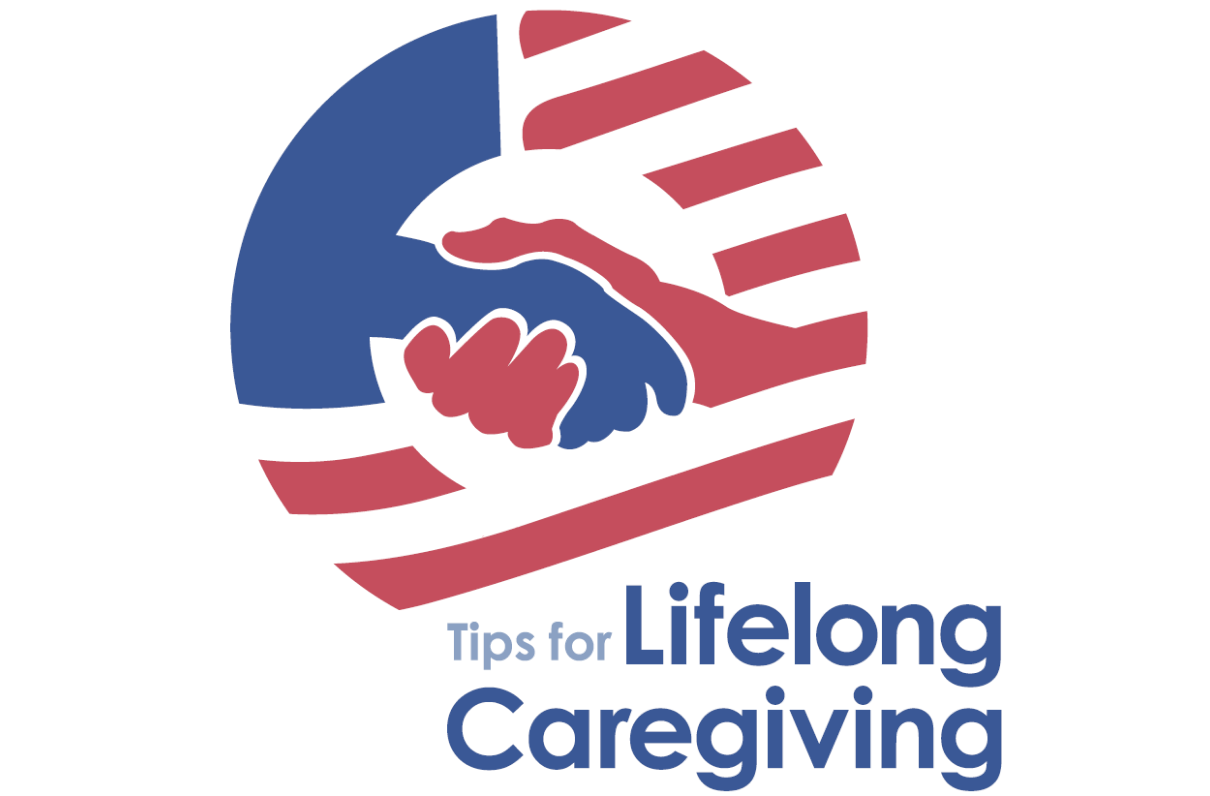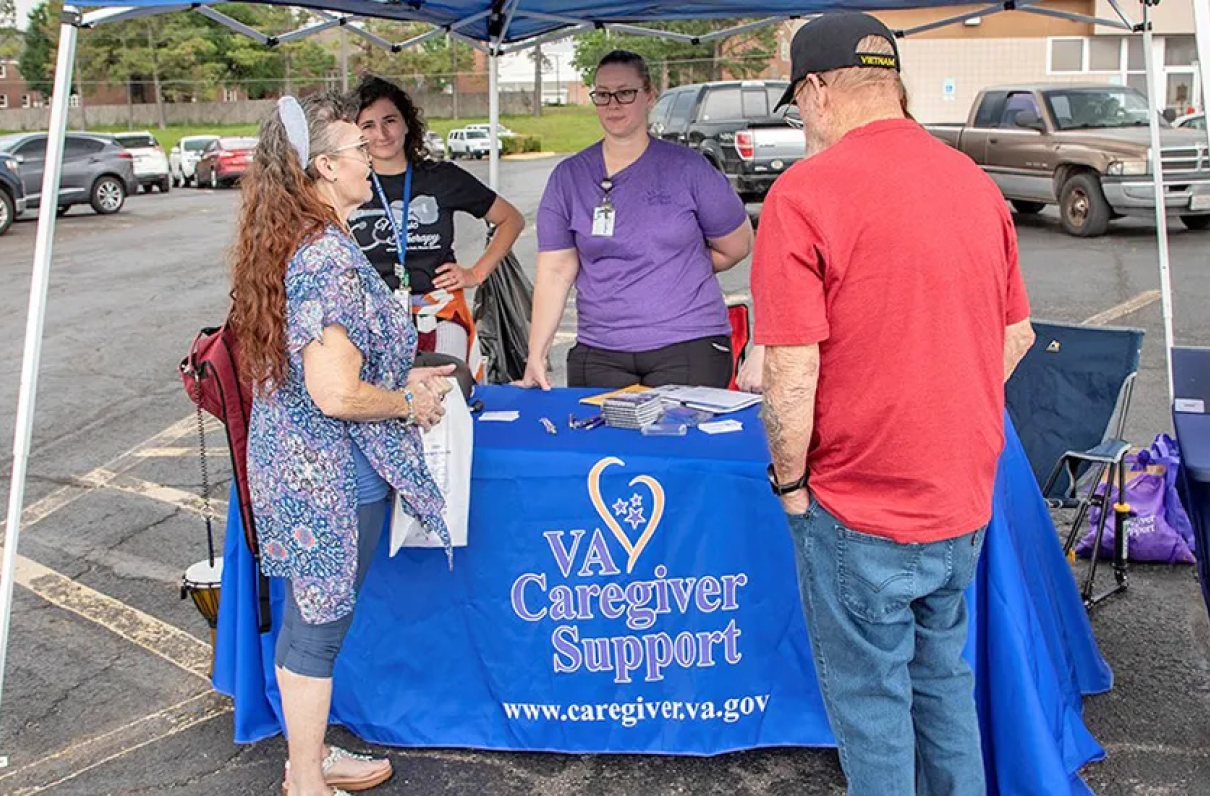MOAA and other veterans groups pushed hard to get a handful of caregiving bills included in an end-of-year omnibus package but were unsuccessful. It was far from an isolated problem: Fewer than 30 bills became law in 2023, the lowest number of bills in decades, and lawmakers still do not have a full budget in place for federal agencies five months into FY 2024.
Both the House and Senate Veterans’ Affairs Committees (HVAC and SVAC) conducted numerous hearings, but the backlog of bills awaiting floor time grew, pushing the veterans’ package into the new year. While the committees’ negotiations have been a bipartisan, bicameral effort up to this point, it is unclear what the chances are of passing the legislation in the coming weeks ... or even by the end of the year.
What’s MOAA Doing?
MOAA will continue to join forces with other veterans groups and engage with House and Senate leaders to get these key caregiving and respite care bills into law this Congress:
Elizabeth Dole Home and Community Based Services for Veterans and Caregivers Act (H.R. 542 and S. 141): Also known as the Elizabeth Dole Home Care Act, this bill would help veterans and their caregivers transition between caregiver support programs, assess the level of care they need, expand mental health services, and improve communication and coordination between veterans and their families and veterans service organizations (VSOs) like MOAA.
[TAKE ACTION: Urge Your Legislators to Support H.R. 542 and Provisions in S. 141]
Expanding Veterans’ Options for Long Term Care Act (H.R. 1815 and S. 495): The legislation would allow the VA to launch a pilot program to look at the effectiveness of paying for assisted living services. Currently, the VA is unable to pay room and board expenses at these facilities.
[TAKE ACTION: Urge Your Legislators to Support H.R. 1815 and S. 495]
Veteran Caregiver Application and Appeals Reform (CARE) Act (S. 1792 and H.R. 4518): The bill allows VSOs and nonprofit organizations operating in the veteran and caregiver sphere to advocate for that population within the Veterans Health Administration (VHA). The CARE Act would provide a standardized process for training and qualifying organizations to assist caregivers and veterans in navigating VHA programs.
[TAKE ACTION: Urge Your Legislators to Support the CARE Act]
What’s Congress Doing?
HVAC and SVAC staff have been transparent in their communications and engagement with MOAA and other veterans groups. While the omnibus package is a priority for the committee and members are committed to its passage, the operating environment within Congress can quickly derail the best of intentions. The Congressional Budget Office’s estimated costs of a bill, or other competing pressures (like funding the federal government), can create further obstacles or delays.
MOAA will not know exactly what will be included in the final omnibus package until the bill is introduced in Congress. What we do know is with each passing day it becomes harder for Congress to check off all the priorities on its plate, especially the lifesaving caregiving legislation needed by so many veterans and their families. That is why MOAA needs our members and partners to keep the pressure on lawmakers to get these bills signed into law.
What’s the VA Doing?
The VA has shifted in recent years from facility-based care (like nursing home care) and community living centers to providing veterans care in their homes, as 90% of Americans would prefer aging in place.
[RELATED: What Does an Aging Population Mean for Veterans’ Care?]
The VA needs help from Congress to provide more authorities and funding to accelerate its efforts; that is why MOAA has made long-term and home- and community-based care, along with caregiver support, top priorities in recent years.
Additionally, MOAA has reported frequently on VA’s revamping of its Caregiver Support Program (CSP), including providing mental health services to caregivers. In a January update, CSP shared with VSOs its priorities for 2024 — a continuation of VA’s emphasis on the “Year of the Caregiver – the Whole Caregiver” theme. Specifically, CSP will:
- Focus on improving the caregiver and veteran experience — every caregiver, every veteran, every time.
- Expand caregiver mental health care services through virtual psychotherapy at all VA medical centers.
- Enhance awareness and accessibility of respite care through a variety of efforts, such as implementing a respite subject-matter expert at every VA medical center and piloting of a Veteran Directed Care-Respite initiative at 11 medical sites.
MOAA is grateful to VA leadership and CSP staff members for their dedication and collaboration with VSOs in making lasting improvements to services supporting caregivers and veterans such as Geriatrics and Extended Care, the Program of General Caregiver Support Services, and the Program of Comprehensive Assistance for Family Caregivers (PCAFC).
In particular, veterans groups have been assisting the VA in reassessing PCAFC and finding solutions to meet congressional intent of earlier enacted legislation. The VA has indicated it is close to publishing regulations for public comment on the program; the department paused the program in March 2022 to reevaluate eligibility criteria and assess the large number of expulsions of veteran caregivers.
What Can You Do? Act Now!
Don’t let Congress leave veterans, caregivers, and survivors behind again this year. Time is running out.
Reach out to your lawmakers today and ask them to support the Elizabeth Dole Home Care Act, the Expanding Veterans’ Options for Long-Term Care Act, and the Veteran Caregiver Application and Appeals Reform (CARE) Act. This legislation will make a major difference in the lives of those who need our support the most.
 Tips for Lifelong Caregiving
Tips for Lifelong Caregiving
MOAA has partnered with the Elizabeth Dole Foundation to provide an online resource outlining legal and financial support available to multiple generations of caregivers.

